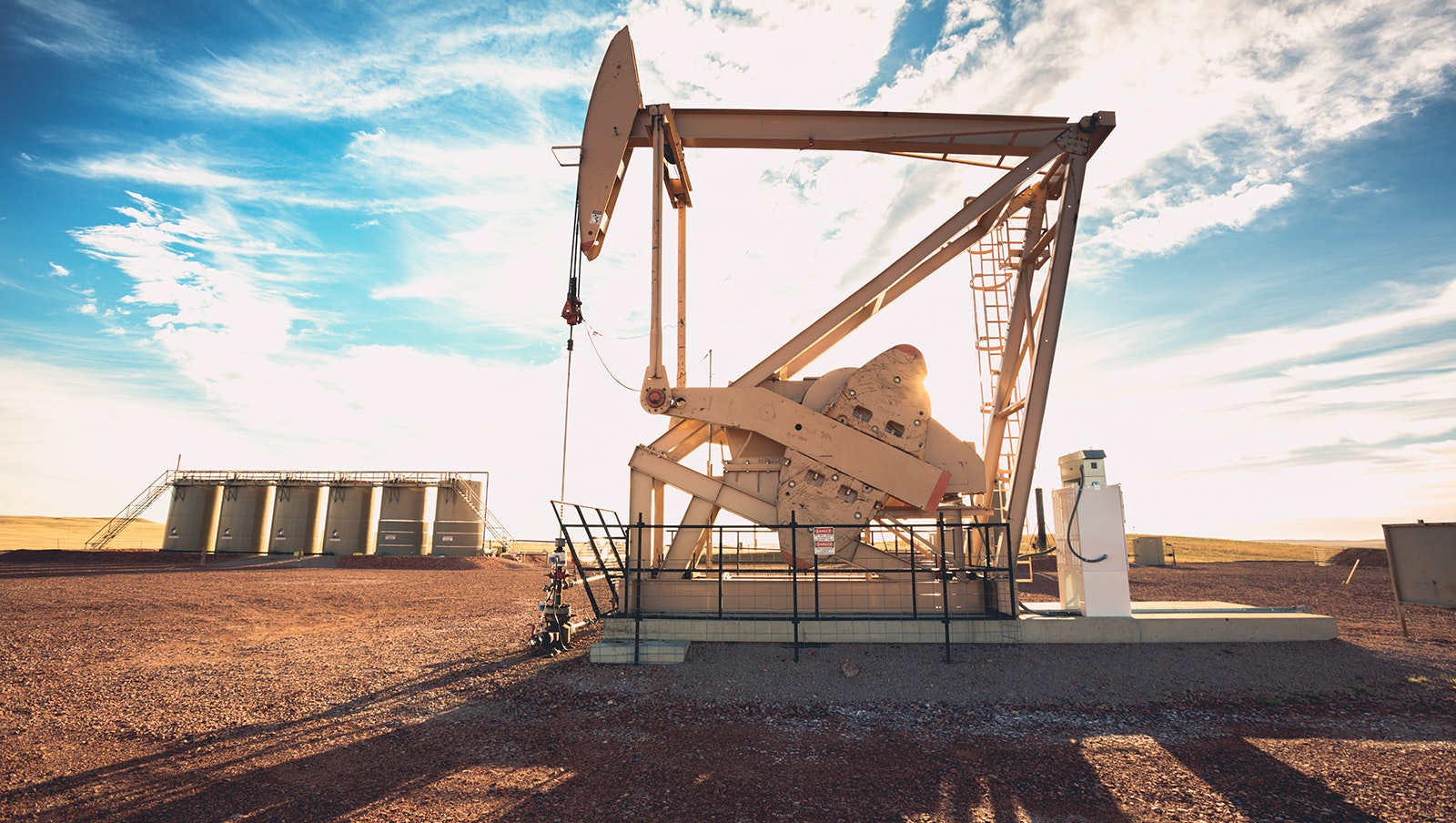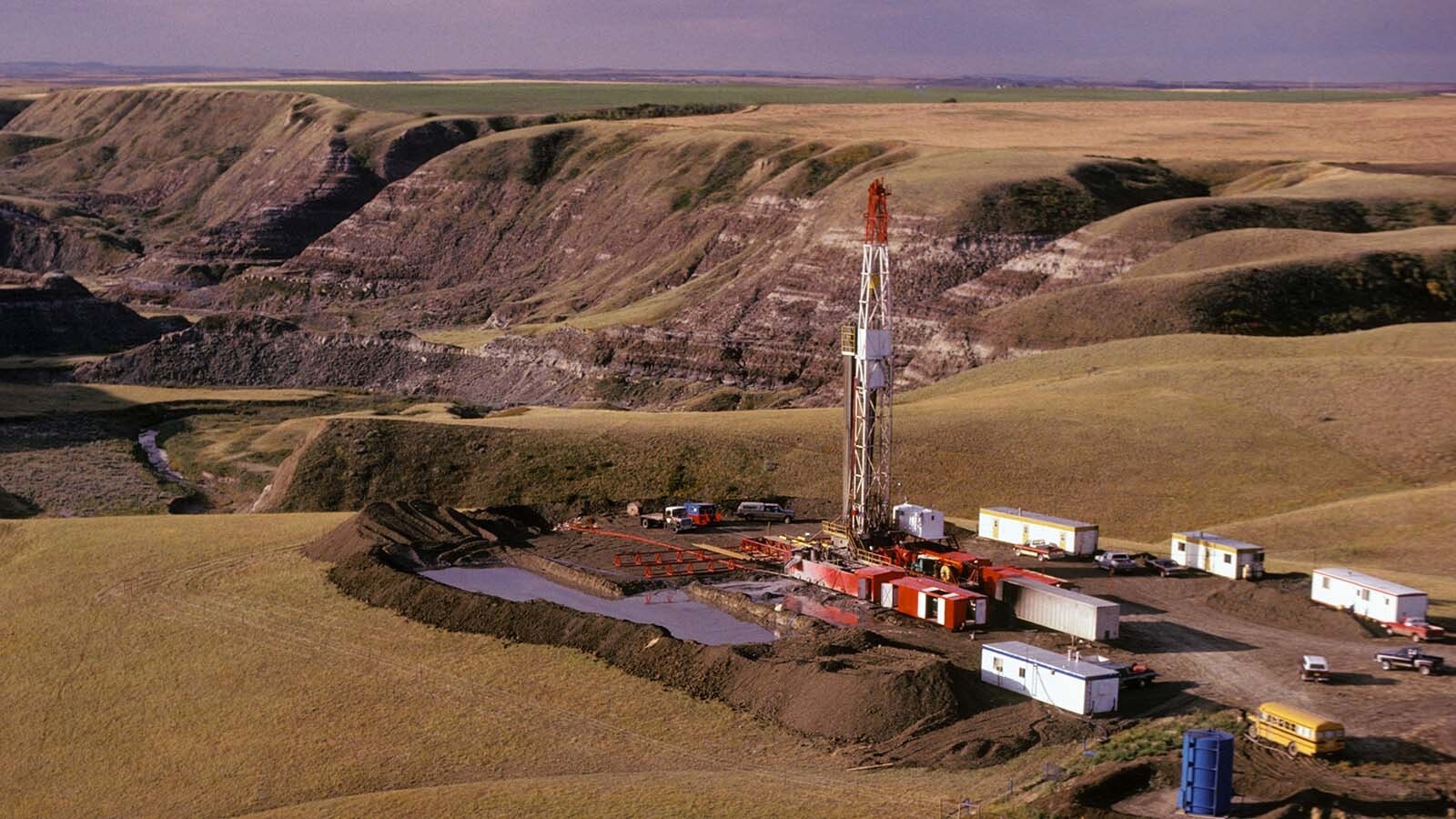A new study examines 30 stalled energy infrastructure projects across the U.S. and finds that regulatory hurdles, permitting delays and lawsuits are killing jobs and economic growth, while driving up energy costs for millions of households.
“It’s just a characteristic of the administrative state we’re living under right now,” Travis Deti, executive director of the Wyoming Mining Association, told Cowboy State Daily.
Bogged Down
The study was released Friday and conducted by Americans For Prosperity (AFP), a free-market and limited-government advocacy group, using energy data from the analytics firm ARBO. The 30 projects that were delayed or canceled provide case studies in the barriers to development that the group says are undermining economic prosperity.
The projects include pumped storage facilities, solar farms, wind farms, pipelines, transmission lines, and power plants across six states.
“This study reveals project after project bogged down in permitting delays that would lower Americans’ energy bills if it were built,” Marc Marie, AFP regulatory policy fellow, said in a statement.
The projects faced permitting delays, increased costs from regulatory compliance, uncertainty and risk from regulatory complexity, administrative burden such as excessive paperwork, deterred investing, and excessive permitting caution.
Wyoming Roadblocks
While the study didn’t include cases in Wyoming, developers in the Cowboy State encounter the same permitting framework.
The TransWest transmission project, which originates in southeast Wyoming, took 15 years to permit, and will be in construction for another five.
In 2012, Rare Element Resource began pursuing permits for its Bear Lodge Project, a rare earth mining operation near Upton. The company ran out of money before the process was complete. It’s now pursuing a rare earth processing demonstration project in the same area.
Jonah Energy’s Normally Pressured Lance Project, a 3,500-well gas project in western Wyoming, received federal approval in 2018, but three environmental groups launched a lawsuit that held the project up another year before a federal judge concluded last month the plaintiffs’ arguments were baseless.
“There’s just roadblocks everywhere,” Deti said.
Little Movement
Tyler Lindholm, Wyoming policy director of AFP, told Cowboy State Daily the states the study examined were all led by policymakers who don’t seem to place a high value on economic development.
“All these projects, you think the government would be for,” Lindholm said. “I thought everybody liked a good economy.”
Meanwhile, Lindholm said, efforts to streamline the permitting process make little movement in Congress.
Sen. John Barrasso, R-Wyoming, introduced the Spur Permitting of Underdeveloped Resources Act in May, which contains a number of provisions for permitting reform for coal, oil and gas, and renewable energy projects. So far, it’s not moving.
Lindholm said litigation against projects over environmental concerns is encouraged by a little-known federal law that requires the federal government to pay attorney costs to plaintiffs who file successful lawsuits.
“There’s a whole industry built around this,” Lindholm said.
Inaction
Lindholm said that projects can be held up as much by inaction as by action. The Wyoming Legislature passed a bill in 2020, sponsored by Eric Barlow, R-Gillette, which allowed for wind turbine blades to be used in mine reclamation projects.
The rule went to the U.S. Office of Surface Mining Reclamation and Enforcement, an agency that exists to facilitate the reclamation of mines, and it’s sat there ever since.
Lindholm, who was serving in the Wyoming House at the time the bill passed, said that no one expected that the federal government would stand in the way of the plan.
“I think that has more to do with politics than anything to do with the environment,” Lindholm said.
Simply Delay
New mining projects can be especially harmed by permitting delays. There can be a lot of uncertainty in developing a mining resource, and attracting investors can be a challenge. When projects face lengthy delays, investors are all the more discouraged.
Deti said that the regulatory barriers for the mining industry have been especially amplified under the Biden administration, even though its policies to advance renewable energy require more mining.
“The rhetoric doesn’t meet with action. Their tactic is to simply delay,” Deti said.
Minor administrative matters, such as lease modifications, that should be done in a matter of months can take years. He said the Black Butte Coal mine in Sweetwater and the Antelope Mine in Converse County are both facing these kinds of delays.
“Something needs to change,” Deti said.





